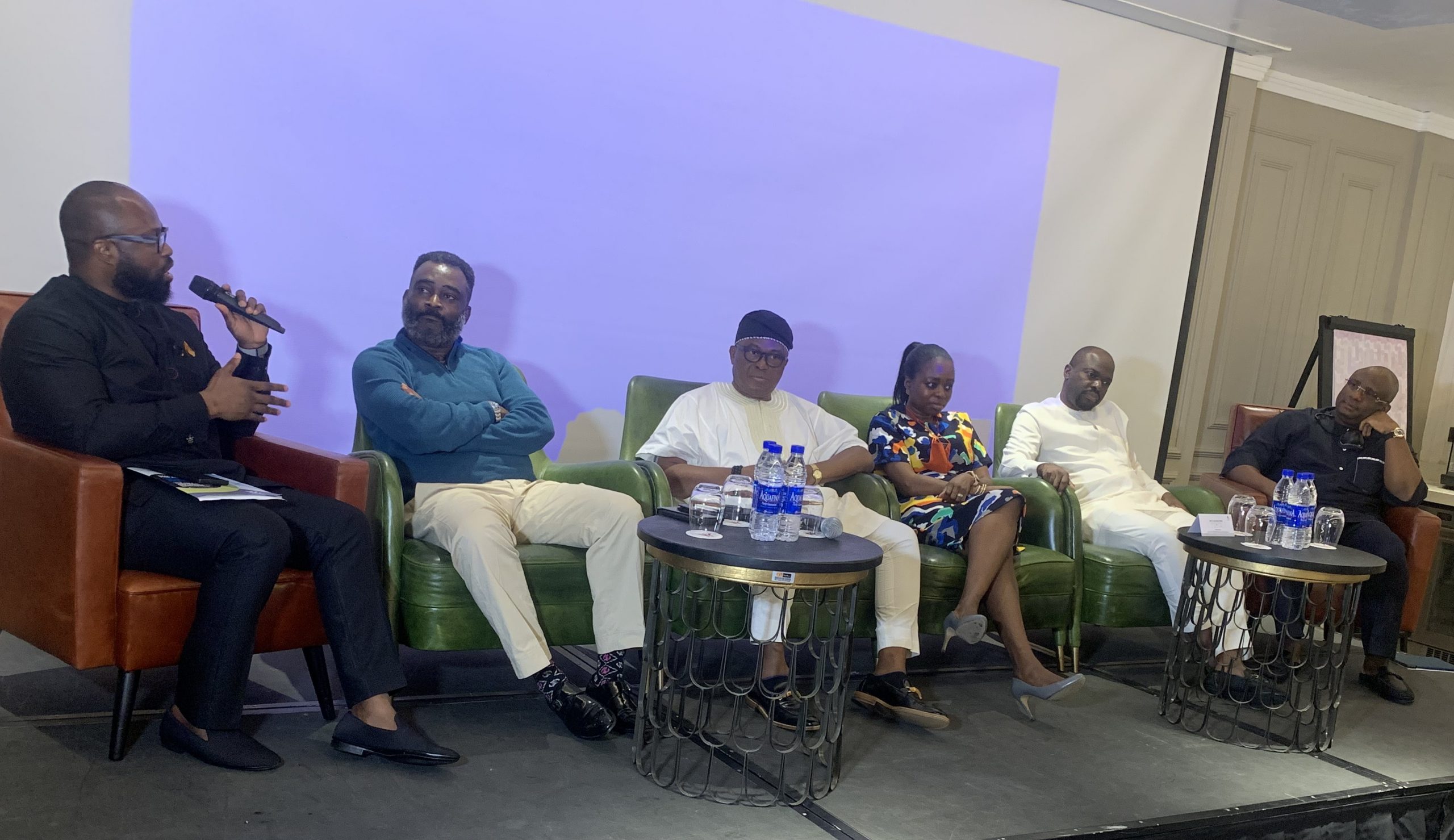By Seun Johnson
The digital economy has been projected to generate about 18.3 billion naira by 2026.
This was disclosed on Tuesday in Abuja by the Nigerian Minister of Communications, Innovation and Digital Economy, Bosun Tijani while speaking at a stakeholders meeting on the National Digital Economy and e-Governance Bill.
The meeting was organized by the Senate Committee on Information and Communication Technology and Cyber Security and the House of Representatives Committee on Digital Information and Communication Technology.
The Minister who praised the proposed legislation revealed that if passed into law, the bill would help Nigeria fully harness the potential in the digital economy.
He explained that the ICT sector contributes about 13 to 18 percent of the Nigerian GDP. According to him, the sector contributed about 16.6 percent of the GDP in the Fourth Quarter of 2023.
He said, “The digital economy recorded about N5.49 billion in revenue in 2019. This sector is projected to generate up to N18.3 billion by 2026.
“Nigeria is one of the top two destinations for capital foreign direct investment to technology staff in Africa. Last year we recorded about 2 billion dollars in FDI to tech startups.”
While speaking on the proposed bill, Tijani stated, “it will support the growth and transformation of Nigeria’s economy through the application and use of the digital economy in all facets of life in Nigeria. it will create the enabling environment for fair competition to promote innovation, growth, and competitiveness of the Nigerian economy.”
According to the chairman of Committee on ICT, Stanley Olajide, the proposed legislation has the potential to transform the nation’s digital economy and position it for sustainable development in Nigeria.
Olajide explained that the bill which has undergone first reading in the National Assembly aims to provide a legal framework for the development and regulation of Nigerian digital economy.
“It is going to be very inclusive. We recognize the importance of collaboration and stakeholders in ensuring legislation that reflects the needs and aspirations of Nigerians.
“This event marks the beginning of a series of engagements with various stakeholders and the general public.
“It is comprehensive legislation that seeks to establish a regulatory framework for the digital economy for digital literacy and skills development, enhanced cyber security, and encourages innovation and entrepreneurship. It has the potential to unlock Nigeria’s digital potential and improve the lives of Nigerians.”






Comment
No comments found.